The Melomanes project is a new network of 25 academic and non-academic participants from 11 European countries with unique and outstanding expertise.
Beneficiary Partners
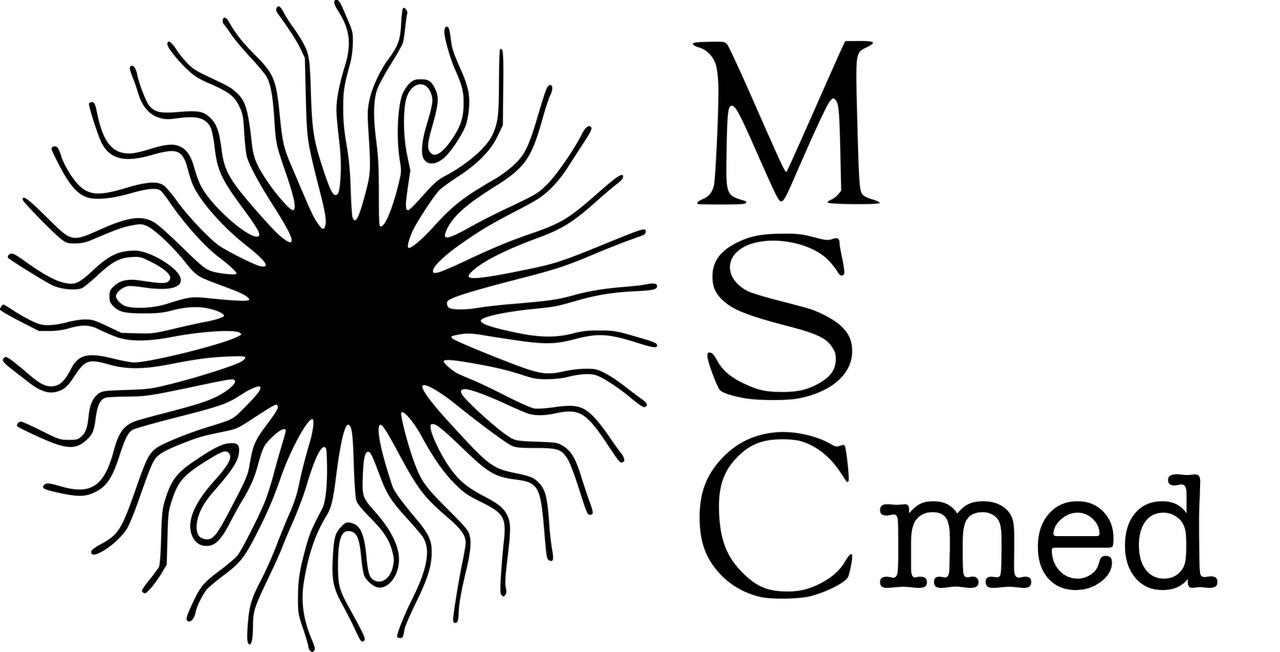
Matière et Systèmes Complexes (MSC) Laboratory
The Matière et Systèmes Complexes (MSC) Laboratory is a joint laboratory from Université de Paris and CNRS, dedicated to physics of soft matter, turbulence, nanomaterials, and living systems. The interdisciplinary MSC Med team has internationally renowned expertise in nanomedicine, biophysics and extracellular vesicle production and engineering with a focus on translational research and biomedical innovation. MSC Med hosts the IVETh technological platform for characterization and engineering of extracellular vesicles and nanomedicines for precision medicine (https://iveth.u-paris.fr/).
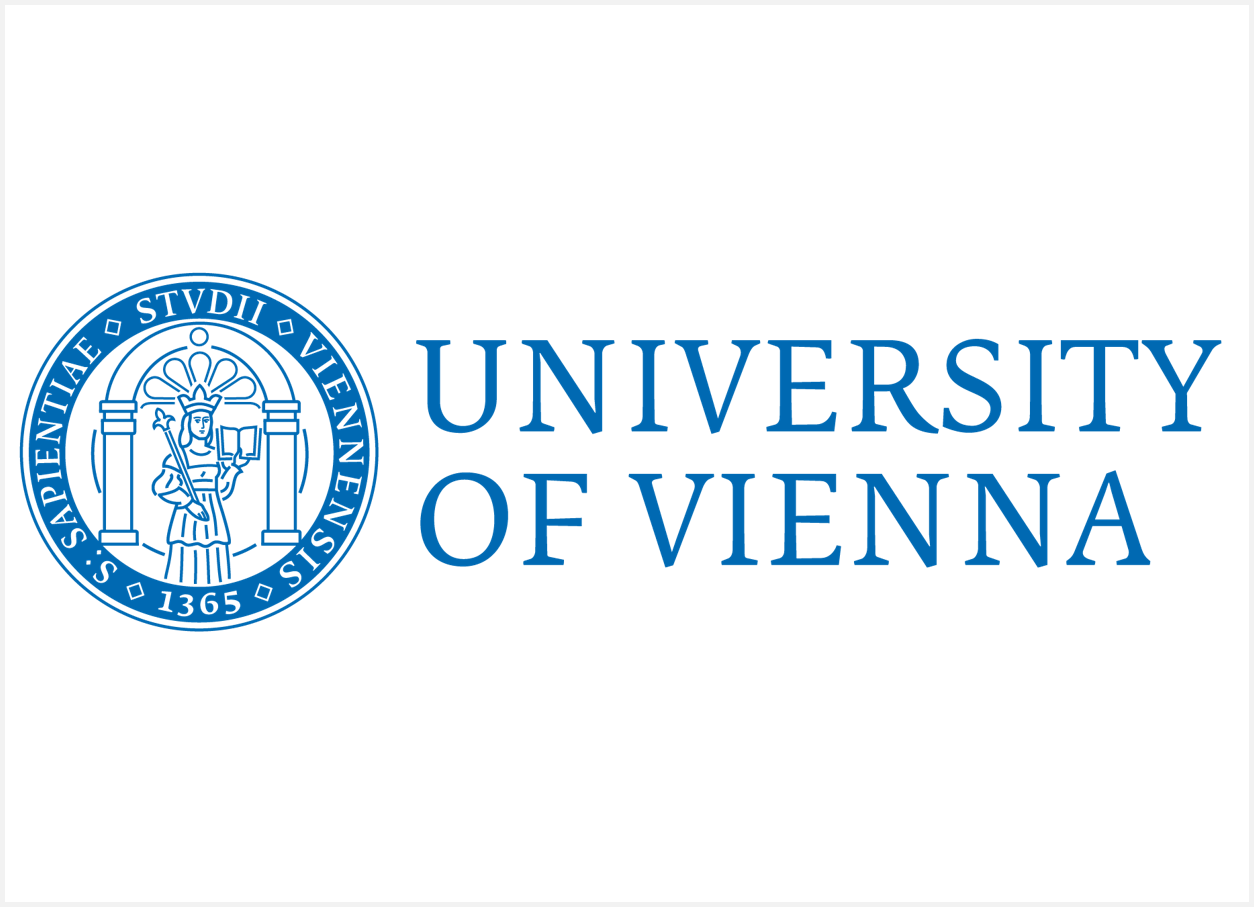
University of Vienna
The University of Vienna is the largest Austrian research institution hosting 6,800 academics within 15 faculties and 5 centers, dedicated to both basic and applied research. Furthermore, 16 research platforms have been established to promote especially innovative interdisciplinary research projects. The University also houses the greatest amount of research infrastructure in Austria (https://forschungsinfrastruktur.bmbwf.gv.at/en).
The group of Prof. Davide Bonifazi focuses on the design and development of synthetic strategies for the preparation of innovative functional organic molecular modules and their structuring into hierarchized multifunctional π-conjugated architectures, to demonstrate key functions/basic concepts in highly interdisciplinary fields at the boundaries of chemistry, physics, materials science and biology. Current topics include: i) supramolecular organic nanochemistry, ii) advanced materials based on magnetic carbon nanostructures, iii) supramolecular chemistry interfacing cellular functions and iv) light-triggered chemical transformations.
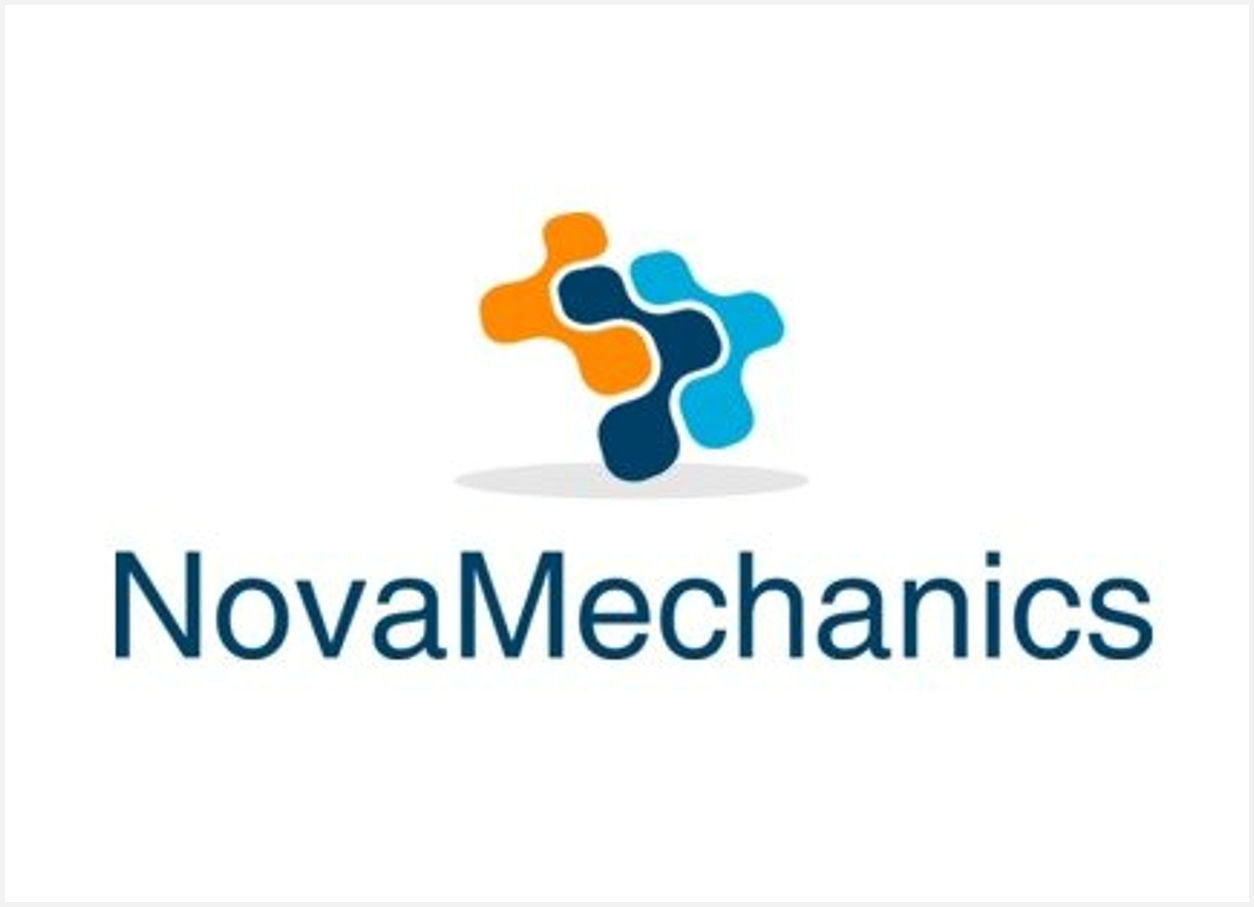
NovaMechanics
NovaMechanics Ltd is an SME based in Cyprus with over 10-year experience in R&D projects focusing on the development of scientific solutions and software tools in the fields of chemoinformatics, bioinformatics, nanoinformatics, modelling, simulation, as well as medicinal and materials chemistry. The company applies state-of-the-art mathematical techniques for the creation, implementation, and interpretation of validated predictive models for big data analysis, personalized medicine, clinical trials, computer-aided drug discovery, and materials science (nanomaterials, microplastics). The aim is to increase profitability, decrease risk, and reduce experimental cost in the process of designing and producing new materials or drugs by conceiving new modelling ideas and designing and performing simulations, testing, and validation procedures. NovaM has been very active in the field of Nanoinformatics and has developed several informatics tools and services spanning from design of experiments (DoE), image analysis (Deep Learning, AI), omics analysis, quantum mechanics and molecular dynamics simulations to the development of cloud (Enalos Cloud Platform) and standalone (Enalos Suite) software solutions. The staff of NovaM staff has a strong managerial and scientific expertise in large scale scientific R&D projects.
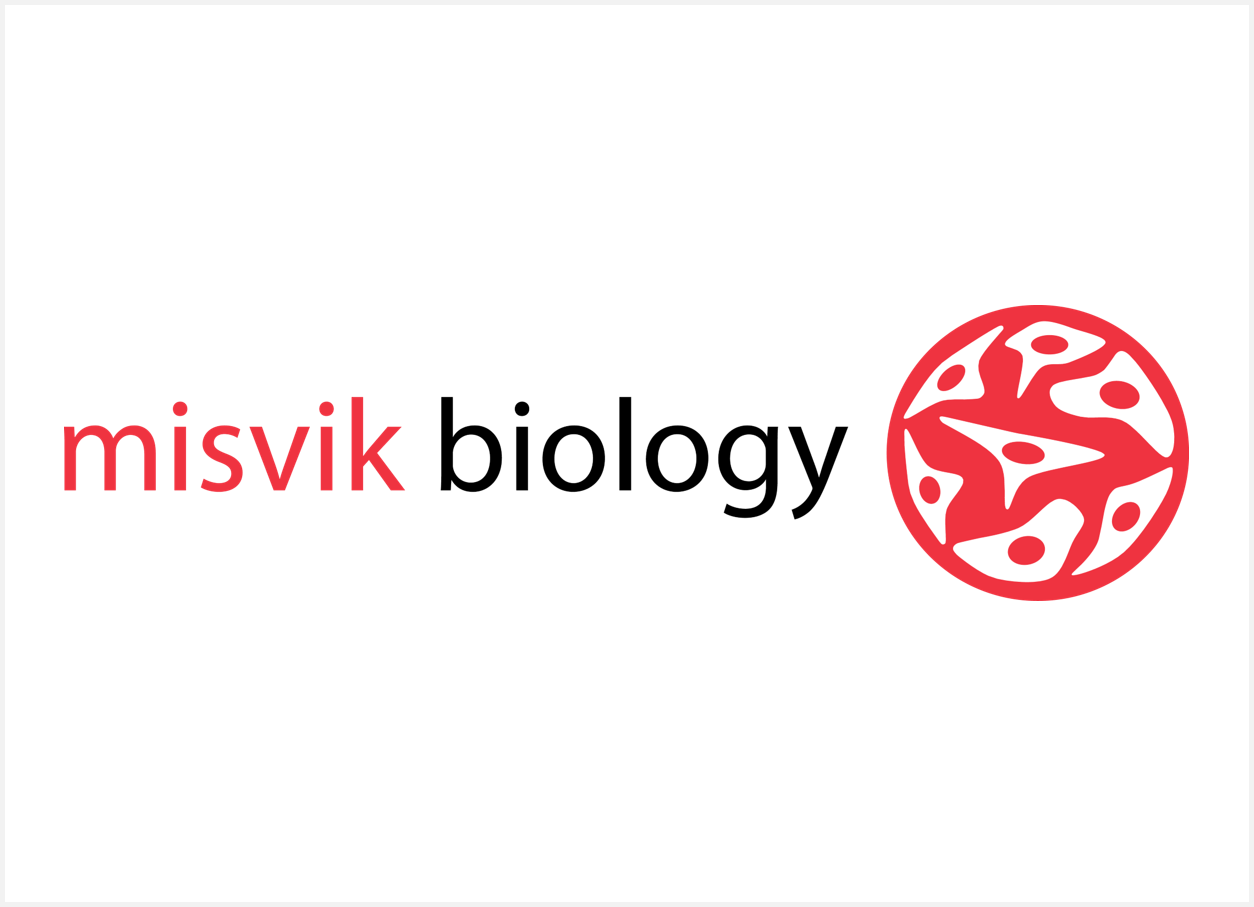
Misvik Biology Oy
The SME Misvik Biology Oy provides cell-based high-throughput-driven research services, cutting-edge imaging-based and plate-based high-throughput screening platforms as well as omics analysis services. Misvik has over the last five years developed laboratory technologies to run complex high content imaging-based drug screens, allowing for single cell resolution of drug response characteristics for personalized cancer care in rare cancers as well as regulatory safety testing of engineered nanomaterials. In 2015 when clinical development of the ex vivo therapy efficacy testing platform was initiated, Misvik was the first and only company in Europe developing the platform for solid cancers.
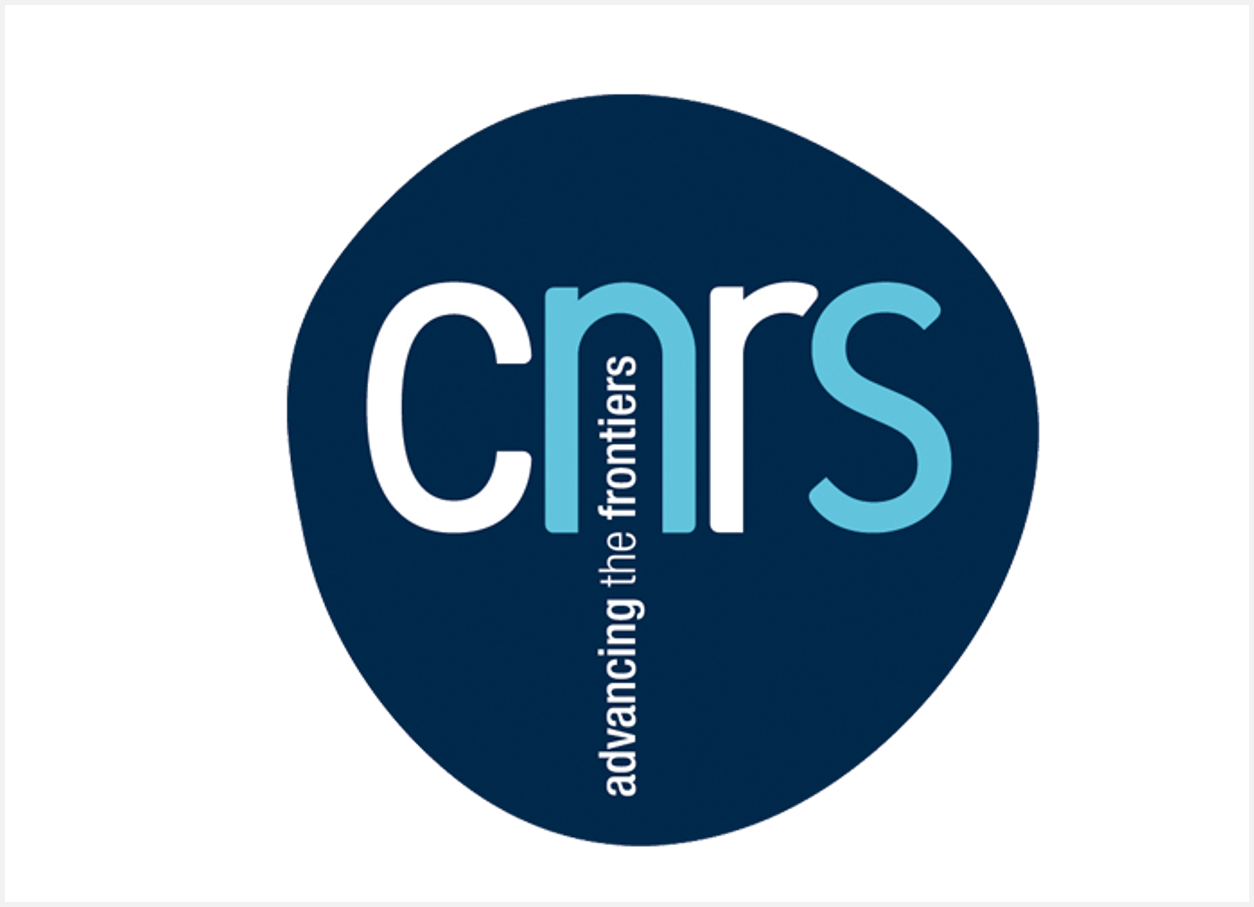
CNRS
The National Centre for Scientific Research (CNRS) is an interdisciplinary public research organization for fundamental and applied scientific research under the responsibility of the French Ministry of Education and Research. CNRS ranks among the leading global research institutions for its excellent research and innovation achievements. 21 Nobel and 12 field medal laureates are members of laboratories funded by CNRS (https://www.cnrs.fr/fr).
The Immunology, Immunology, Immunopathology and Therapeutic Chemistry Laboratory is located at the Institute of Molecular and Cellular Biology in Strasbourg (France) and is constituted of 1 team of chemists and 3 teams of immunologists and medical doctors. It has unique internationally-recognized expertise on both functionalization of nanomaterials and nanoparticles for biomedical applications, and on the fundamental and clinical aspects of autoimmune mechanisms (https://ibmc.cnrs.fr/en/laboratoire/i2ct/).
Dr. Cécilia Ménard-Moyon is Researcher in the group Therapeutic multifunctional carbon and 2D nanomaterials, which has a strong expertise in the functionalization of different types of nanomaterials and nanoparticles for biomedical applications and toxicity assessment.
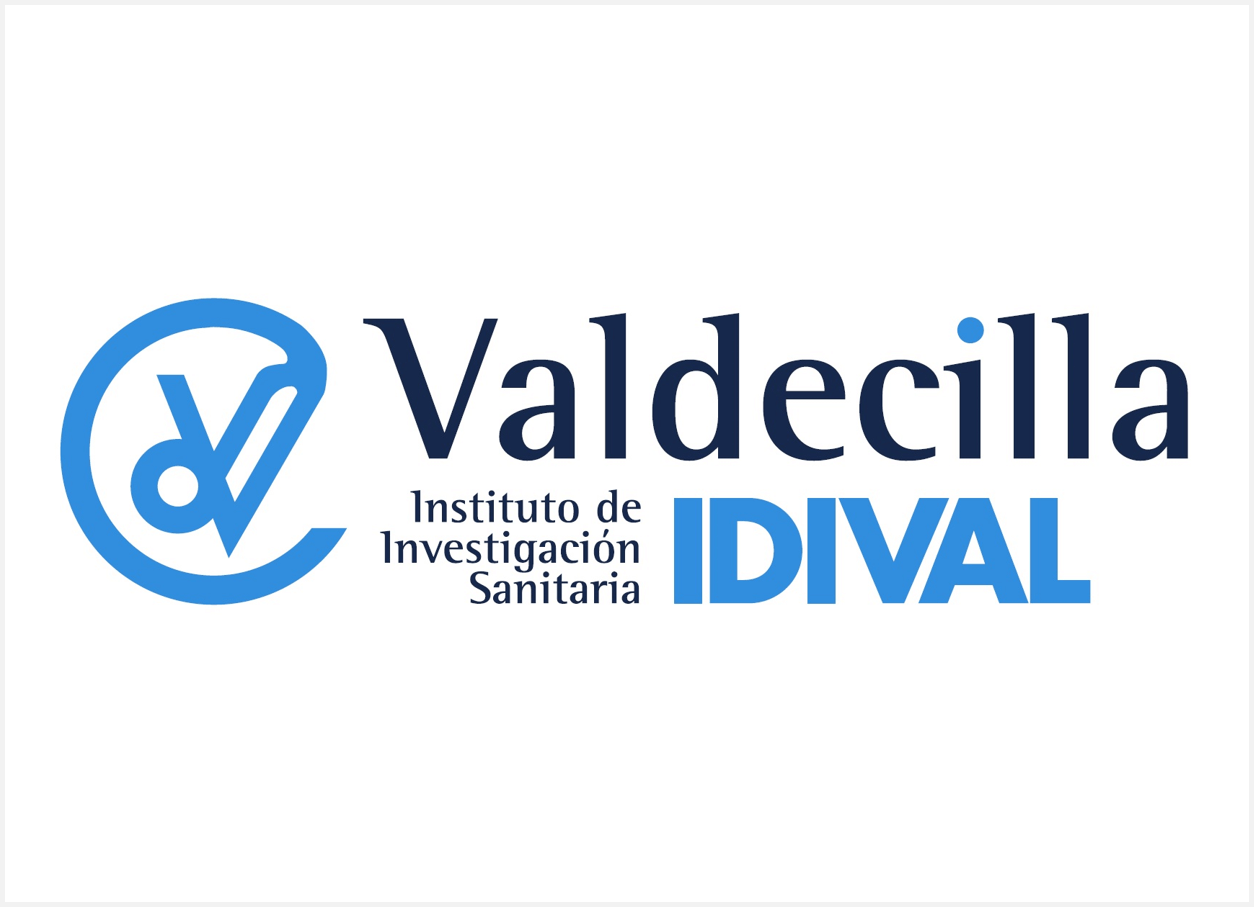
IDIVAL
Thanks to the impulse as founders from the Government of Cantabria and the University of Cantabria, IDIVAL promotes and develops research and innovation in the biomedical environment of Cantabria whose epicentre is the Marqués de Valdecilla University Hospital, with a vocation to seek solutions to health problems and contribute to the scientific, educational, social and economic growth.
The group of Prof. Mónica López Fanarraga is composed of a multidisciplinary group of scientists (specialised in the fields of medicine, molecular and cellular biology, biotechnology, pharmacy, physics and chemistry) dedicated to nanomedicine. The team has broad experience in the management of preclinical models of melanoma metastasis.
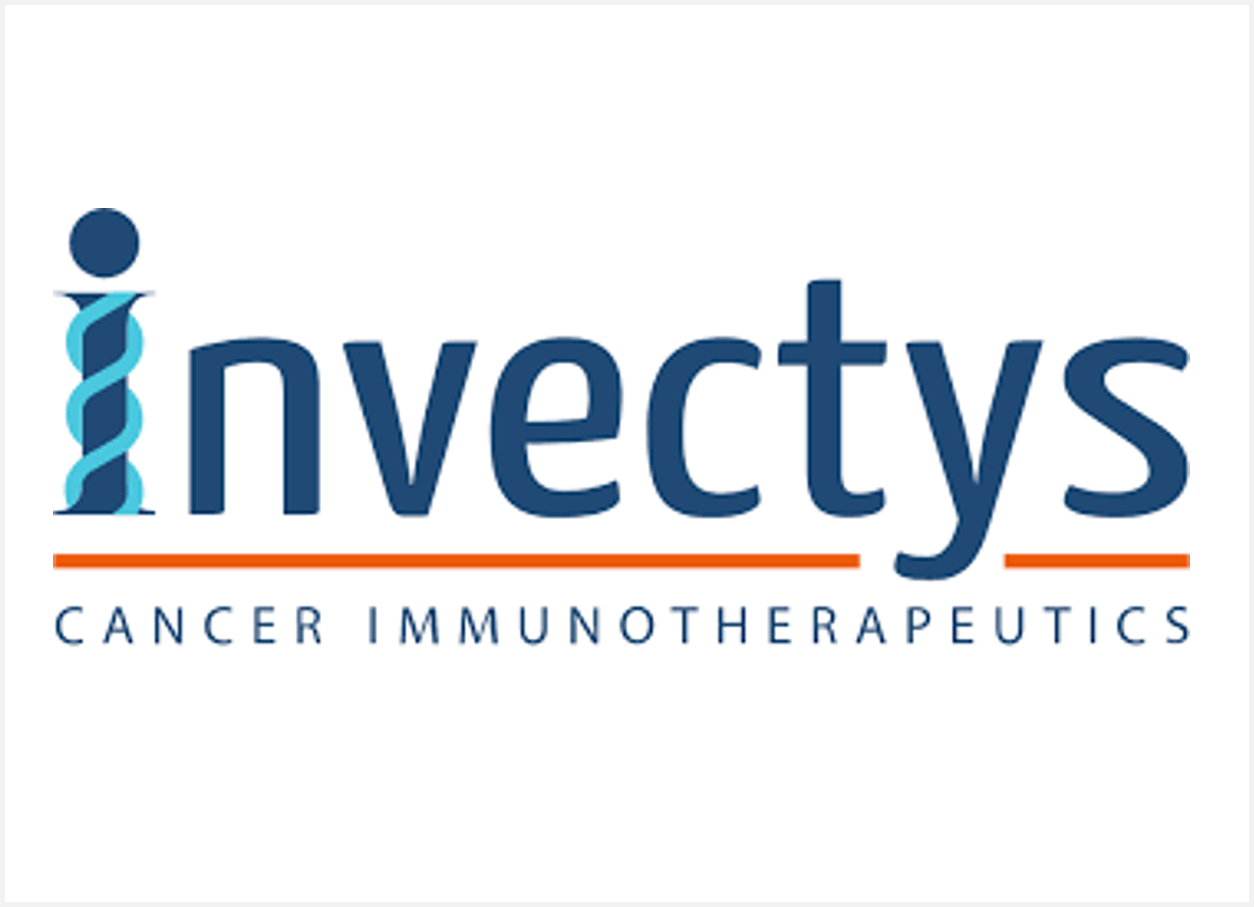
Invectys
Invectys is a biopharmaceutical company founded in 2010 and focusing on the development of innovative immunotherapy approaches to treat cancers. The company develops a novel approach to mobilising and restoring the anti-tumour capacity of the immune system of cancer patients. This allows virtually all cancers to be targeted. Invectys focuses its efforts on two highly prevalent tumour antigens: the nearly-universal tumour antigen telomerase that is critical to uncontrolled cell growth, and the HLA-G immune checkpoint expressed in over 50% of cancers.
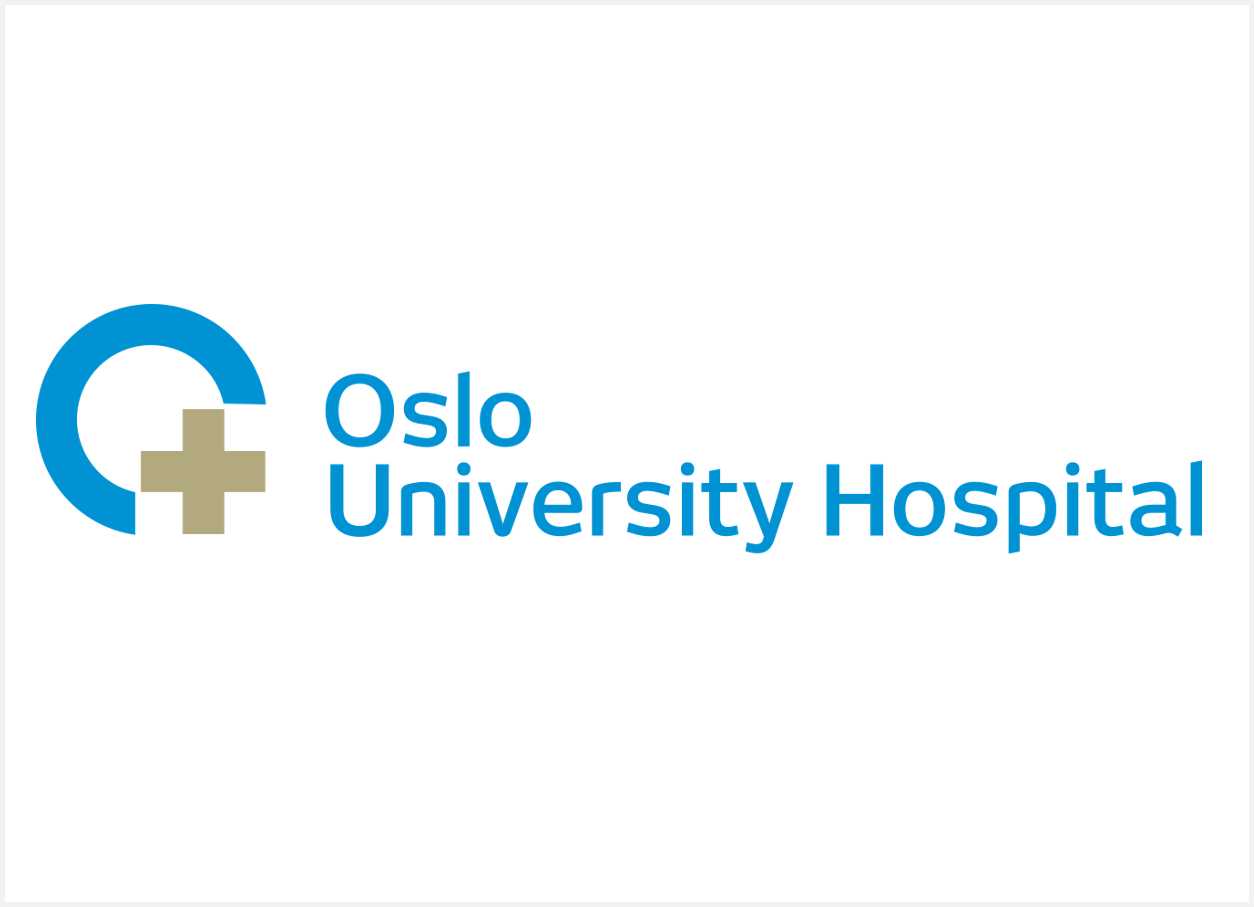
Oslo University Hospital (OUS)
The Oslo University Hospital (OUS) is a highly specialised hospital in charge of national, regional and local hospital assignments. The hospital is Scandinavia’s largest and yearly carries out more than 1.2 million patient treatments. OUS’ main tasks are patient treatment and care, research, education and training of health personnel. The major part of medical research within the hospital sector in Norway is performed here; with more than 2000 publications and 100-120 PhD graduates annually.
The Department of Cellular Therapy has one of Europe’s biggest and most modern GMP facilities for cellular products. Its Translational Research Unit undertakes complete pre-clinical studies for therapeutic molecules such as vaccines and adoptive T cell transfer (TCR, CAR). The unit can deliver molecular biology products and perform cellular assays and in vivo animal studies with access to key equipment including mass cytometry, IncuCyte, immunomonitoring platforms, and biobanks. The Department of Cellular Therapy participates in the European Cancer Immunotherapy Immunoguiding Program activities.
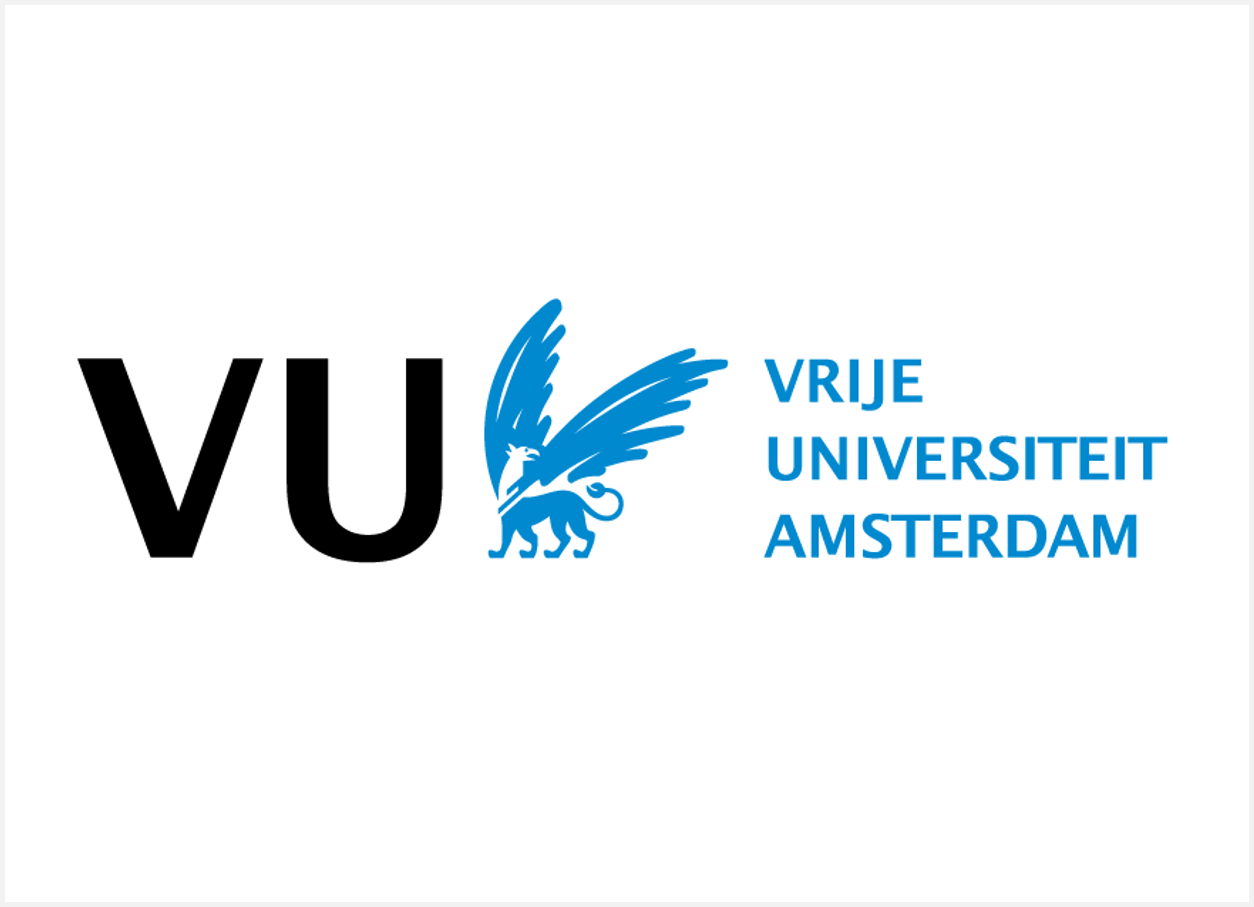
Stichting Vrije Universiteit (VU) Foundation
Stichting Vrije Universiteit (VU) Foundation is the legal entity within which VU University Amsterdam performs its work (~ 2000 academics). The university was founded in 1880 and it is ranked among the world’s top 150 universities by 4 major ranking tables. Teaching is organized within several faculties, which offer 50 bachelor’s, almost 160 master’s, and a number of PhD programs. Research is organized mainly along the lines of the 10 faculties and their departments, with 4 interdisciplinary themes as principal focus areas of research: i) human health and life sciences, ii) science for sustainability, ii) connected world (impact of information technology on society), and iv) professional services focusing on the business and finance sector and issues such as corporate social responsibility.
https://vu.nl/en/about-vu/research-institutes/athena-institute
Associated Partners
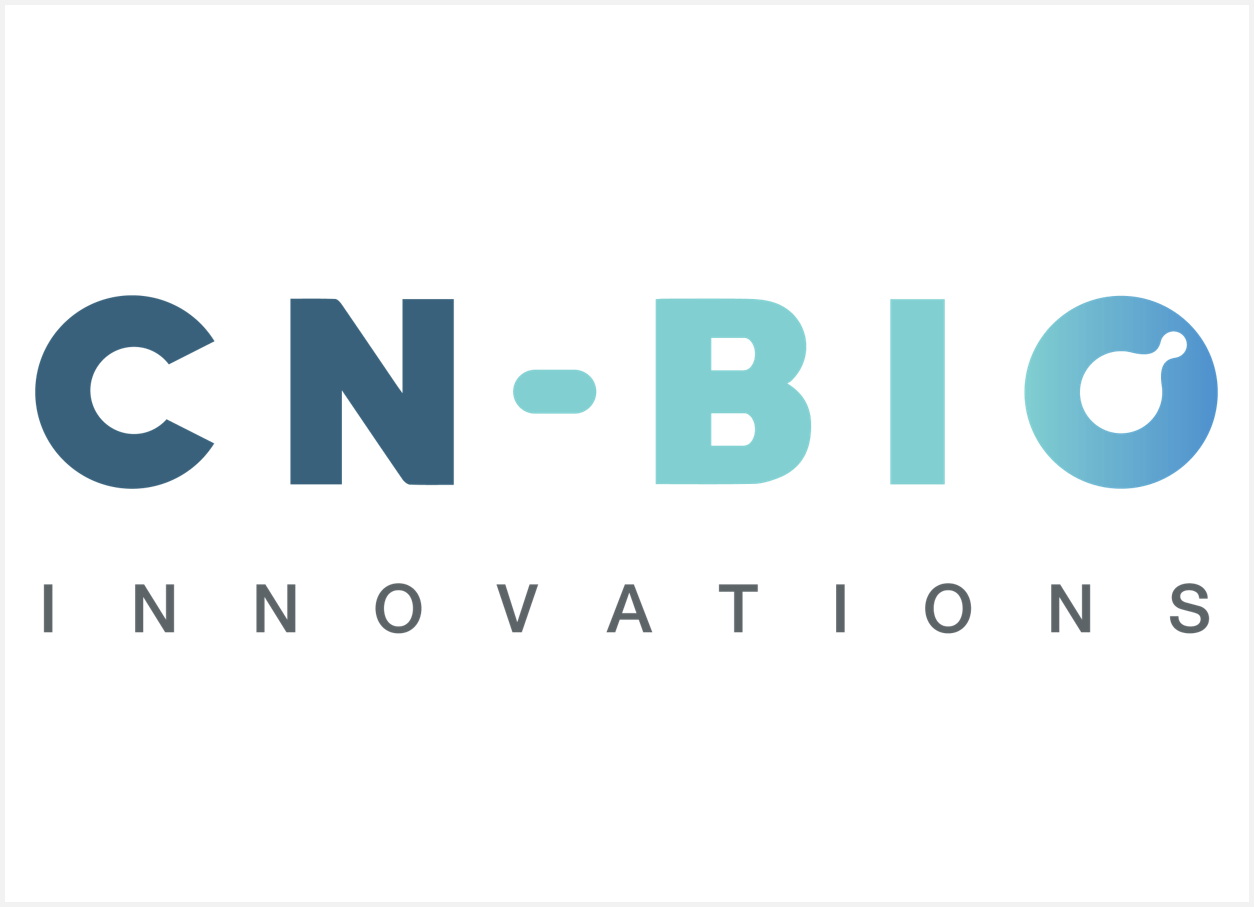
CN Bio Innovations
CN Bio Innovations is an advanced bioengineering company developing microphysiological systems, colloquially referred to as Organs-on-Chips, designed to recapitulate human organ function, using proprietary microfluidic instrumentation that functions in common laboratory settings. CN Bio has extensive experience with its PhysioMimix® technology, launched in 2018. The platform has been used for a range of applications, from toxicology to complex disease models, including models of non-alcoholic steatohepatitis (NASH) and a 10-organ “Body-on-a-Chip”. As a result, CN Bio has significant experience in the culture of numerous organ tissue types both individually and in multi-organ systems. CN Bio’s objective is the development of instruments that enable high precision human biology in vitro that accurately predict the effects of chemical or biological substances in humans.
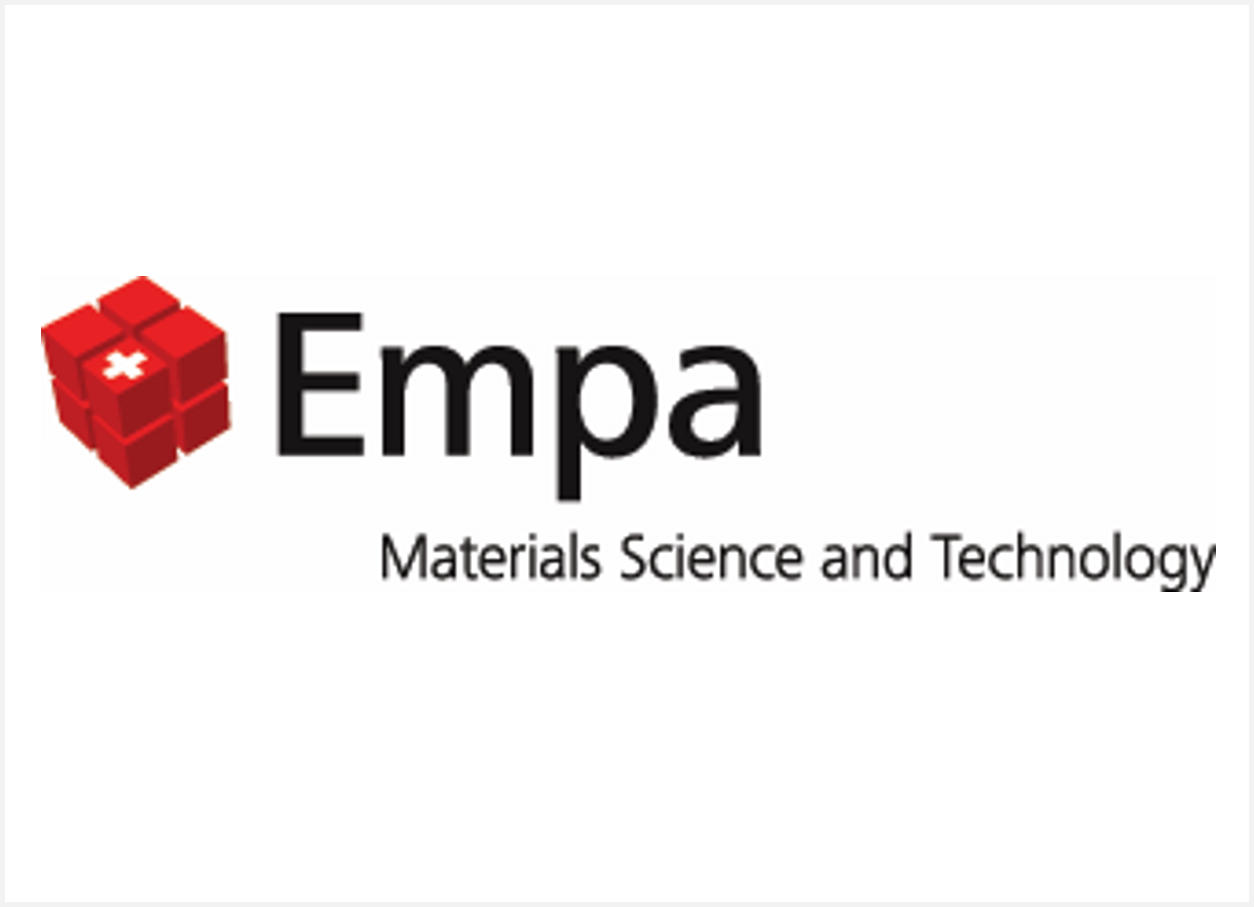
EMPA
EMPA, the Swiss Federal Laboratories for Material Science and Technology, is a research institution within the ETH domain. It specializes in applications, focused research and development, and provides high-level services in the field of sustainable materials science and technology.
Within EMPA, the groups “Environmental Risk Assessment and Management” (ERAM) and “Advancing Life Cycle Assessment” (ALCA) from “Technology & Society Laboratory” will be engaged in this project. ERAM has the aim to establish the scientific knowledge for a comprehensive and early view of opportunities and risks of applications based on new materials. ERAM is worldwide leading the modeling of flows of nanomaterials from products to the environment and providing predicted environmental concentrations and environmental risk assessments. ALCA is a globally leading research partner in advancing the LCA methodology. EMPA is recognized for its expertise in the development of the LCA methodology since more than 30 years internationally and is one of the founding members of the ecoinvent Centre, homebase of the ecoinvent database.
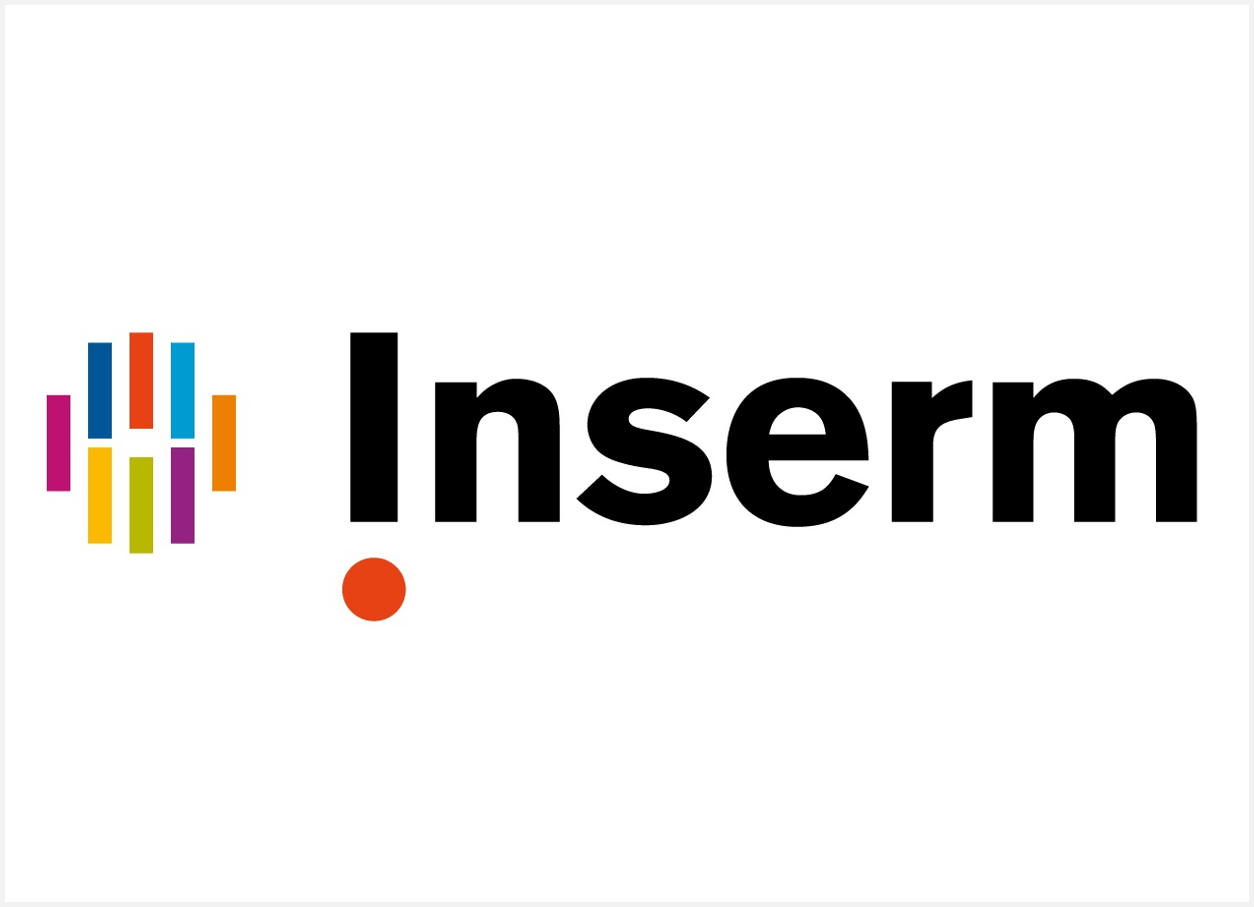
INSERM
Founded in 1964, INSERM (National Institute of Health & Medical Research) is a public scientific and technological institute which operates under the joint authority of the French Ministries of Health and Research. The institute is dedicated to biomedical research and human health, and is involved in the entire range of activities from the laboratory to the patient’s bedside. INSERM is the only public sector research organisation in France exclusively dedicated to human health. This scientific and technological institute is involved in the entire range of activities from the laboratory to the patient’s bedside. The staff members of the Cochin Institute are about 650, including scientists, University teachers, clinicians, technicians, PhD & Master students, and administrative agents.
The team “Cancer and immune response” led by Dr. Emmanuel Donnadieu has strong expertise in T cell activation and preclinical models relevant for tumor immunology.
https://institutcochin.fr/en/team/cancer-and-immune-response
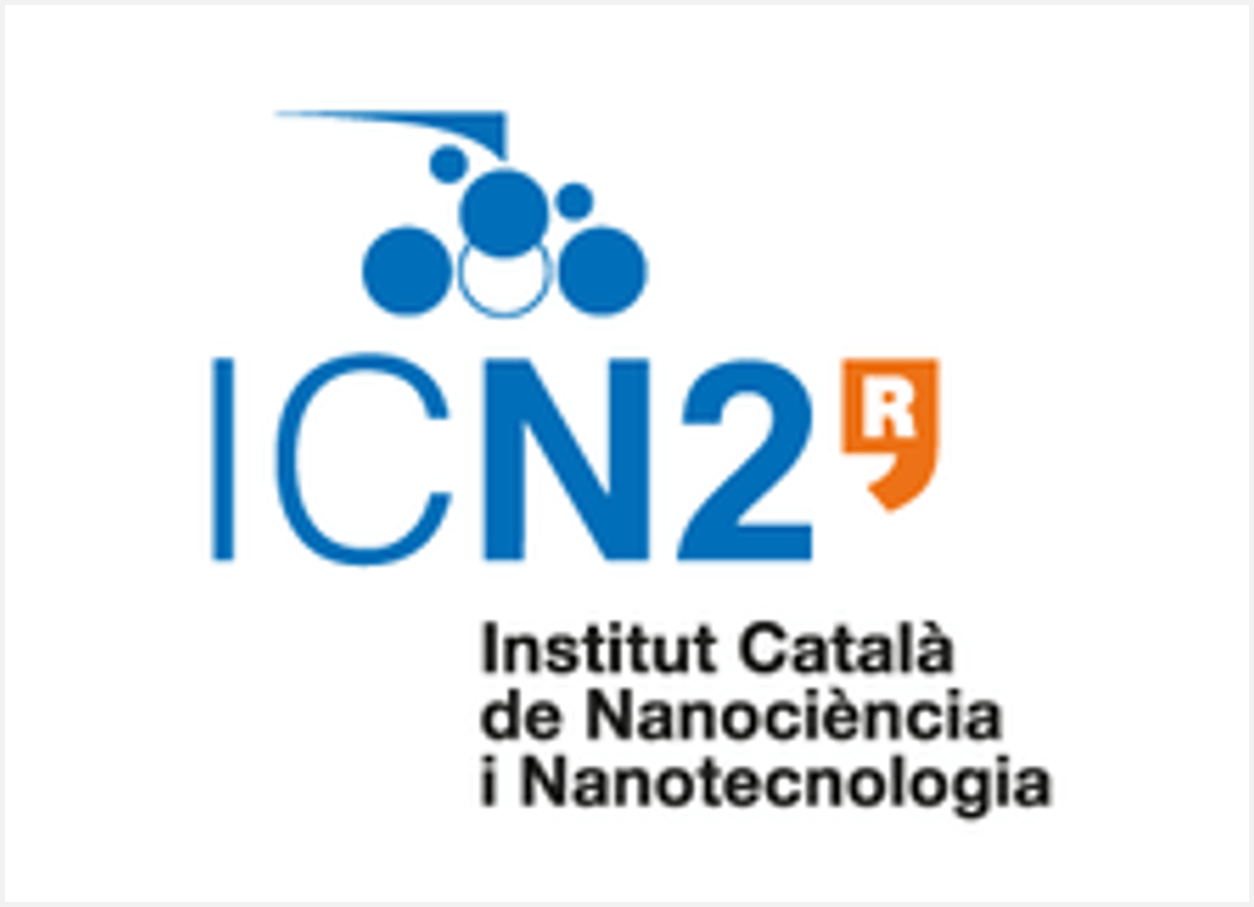
Catalan Institute of Nanoscience and Nanotechnology (ICN2)
The Catalan Institute of Nanoscience and Nanotechnology (ICN2) is a non-profit foundation, and one of the centres of the CERCA Institution. Its mission is to achieve scientific and technological excellence in the fields of nanotechnology and nanoscience through incubating new fundamental knowledge and ideas in the broad area of nanoscience, and facilitating the adoption and integration of nanotechnologies into society and industry.
The ICN2 Electron Microscopy Unit led by Dr. Belén Ballesteros focuses on the use of electron microscopy techniques for nanoscience and nanotechnology research and applications.
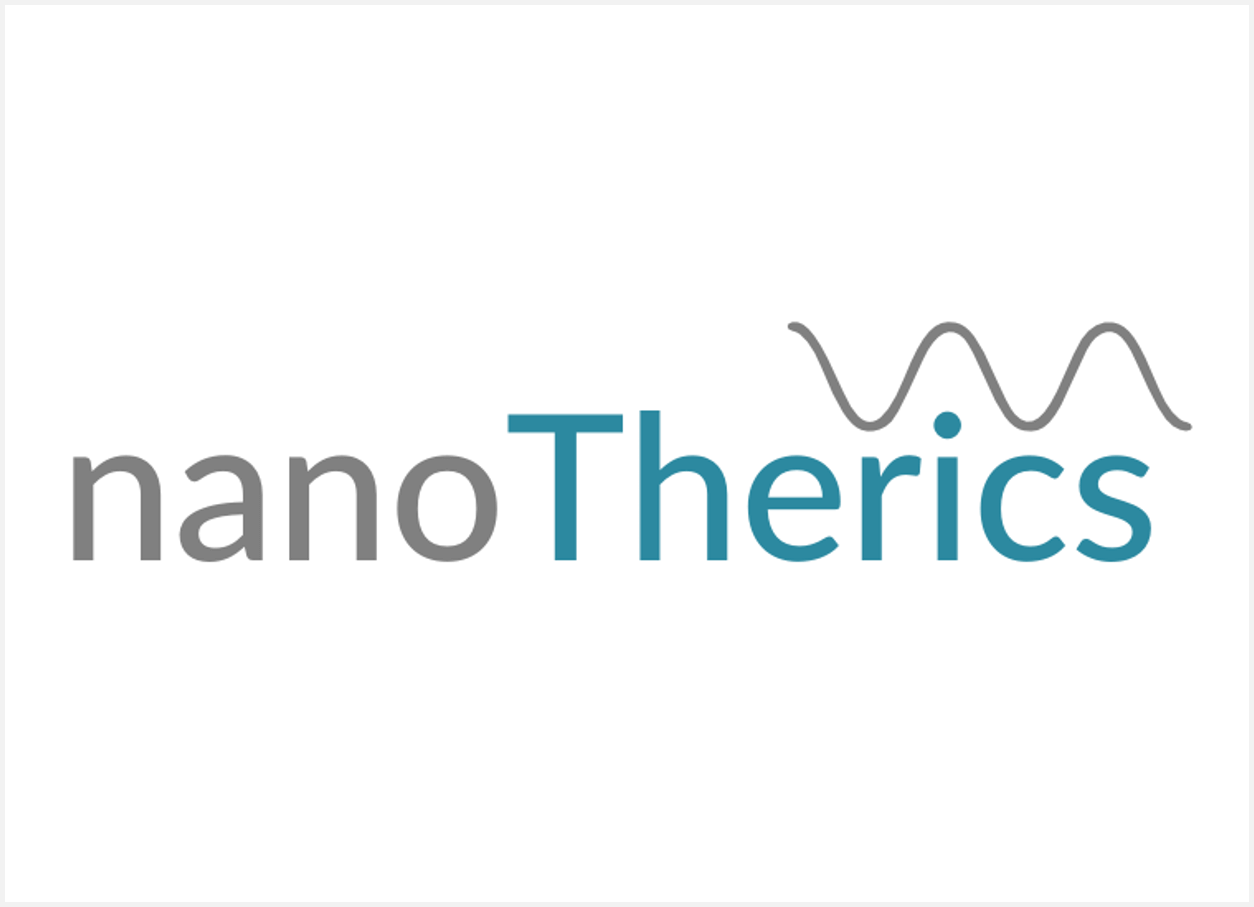
Nanotherics
Nanotherics designs, builds, and markets the most flexible and practical tools to enable customers to perform cutting edge research. The company provides flexible, well thought out, reliable and valued tools to customers to further quality research in their field. Nanotherics manufactures and develops products addressing the field of magnetic nanoparticle research and applications. In particular, it aims to be the number one supplier of products for nanoparticle heating applications utilizing alternating current field and solenoid coil principles. The aim is to provide superior performance magnetic based tools to address global markets and to underpin the R&D of current and future nanoparticle, magnetic particle, cancer therapy, drug delivery, genetic screening, and gene therapy programs.
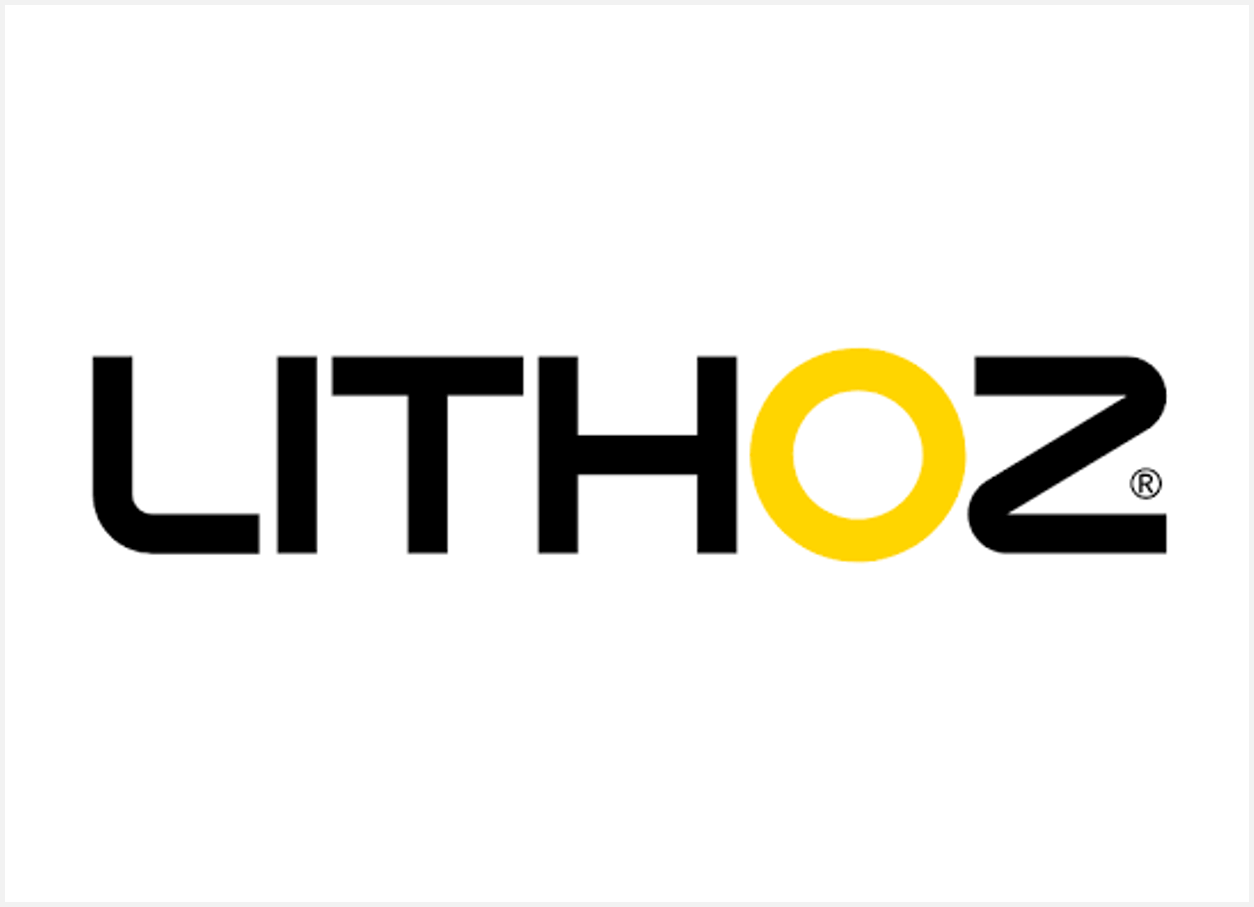
Lithoz
Lithoz is a R&D driven SME which develops and distributes AM systems for ceramic materials on the basis of the patented Lithography-based Ceramic Manufacturing (LCM)–technology. This technology is capable of structuring a broad range of photopolymers, including ceramic filled resins. LITHOZ covers the whole process chain from the material development over the material processing to the development of the hard- and software, making them to a strong partner for R&D projects. LITHOZ is continuously developing their LCM process and is building up a unique know-how in this field through continuous innovation and development. LITHOZ currently employs 38 researchers working on the development of the machine, photopolymerizable resins, ceramics, software, and application technology.
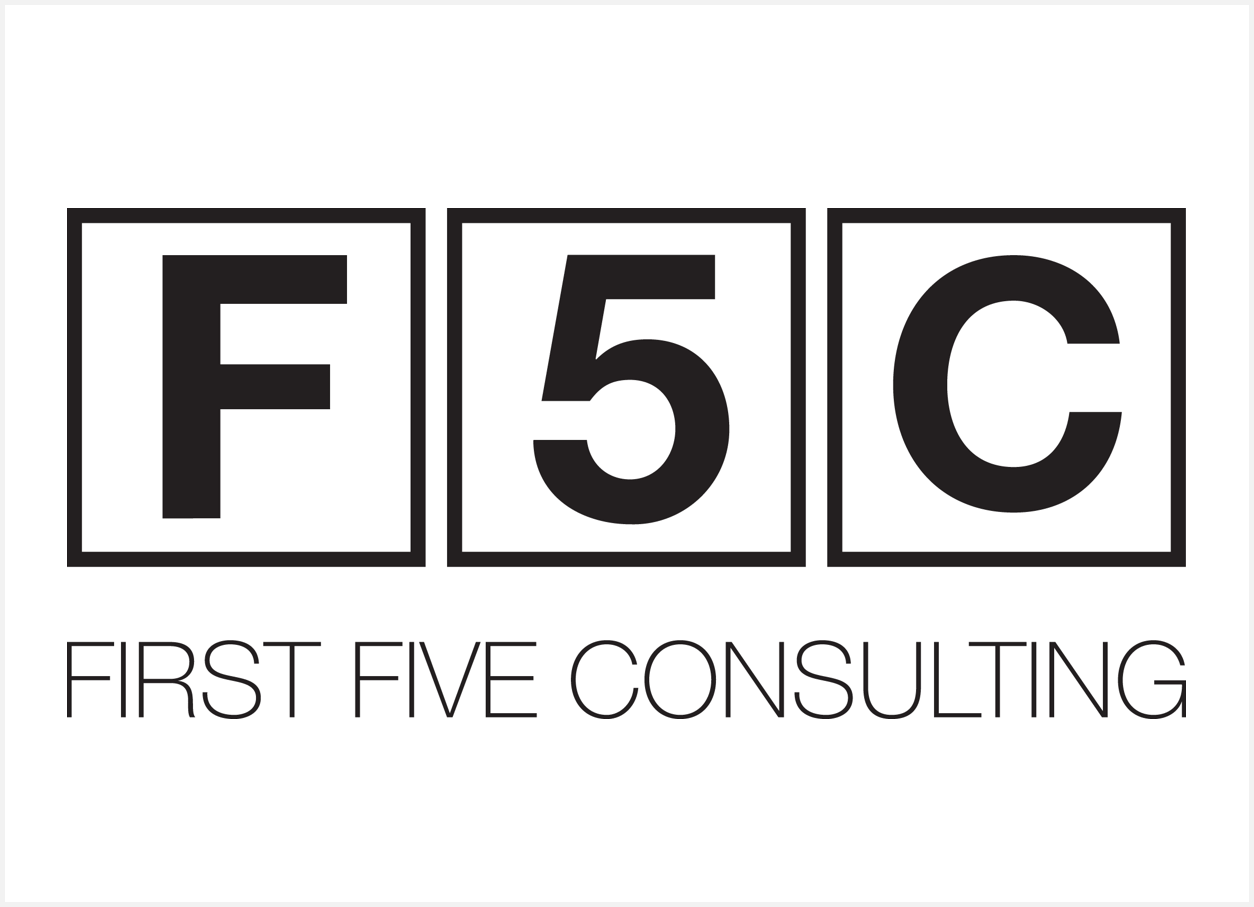
First Five Consulting (F5C)
First Five Consulting (F5C) is managed by a team of senior consultants with proven experience in different areas of communication: strategic advice, press and investor relations, crisis communication, science communication, public communication, political communication, and relations with government agencies.

Malsch TechnoValuation
Cooperating with partners in its international network, Malsch TechnoValuation / EthicSchool advises on new high-tech product development benefiting people, planet and society. It has extensive experience in international responsible governance of key enabling technologies, together with researchers, policy makers, companies, and civil society. Since 1999, the company has been established in Utrecht (Netherlands).
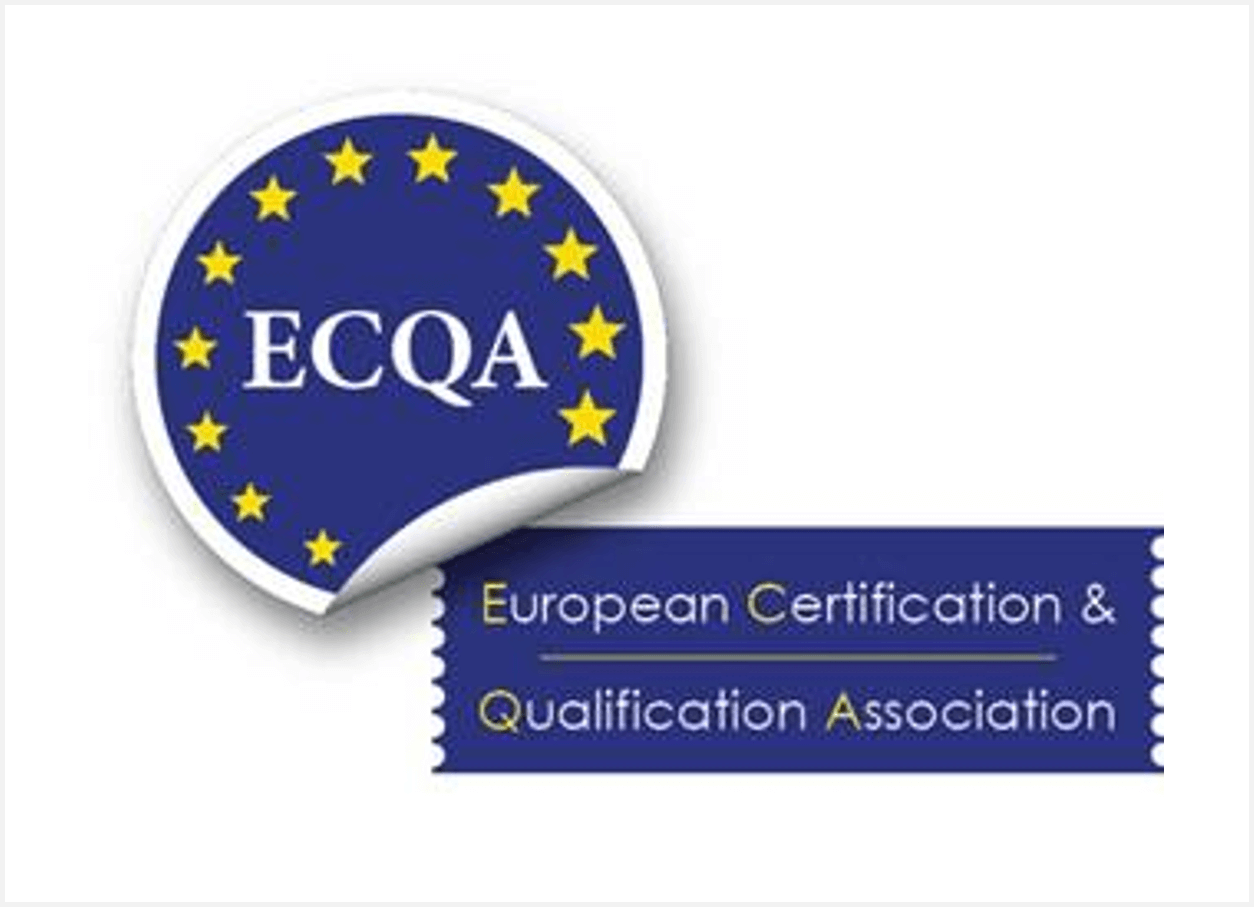
European Certificate & Qualification Association GmbH
European Certificate & Qualification Association GmbH (ECQA) is joining institutions and the knowledge of several thousands of professionals from all over Europe and abroad. It provides a worldwide unified certification scheme for numerous professions. It joins experts from the market and supports the definition and development of the knowledge (skill cards) required for job roles. They define and verify quality criteria for training organizations and trainers to assure the same level of trainings all over the world. ECQA centrally promotes all certified job roles. It has so far certified more than 9000 managers/experts in Europe and the world, had more than 14000 candidates attending online skills browsing and online exam & training services, they unite about 60 accredited VETs as training bodies in 18 EU countries. Currently, ECQA provides exams and certificates for more than 30 professions.
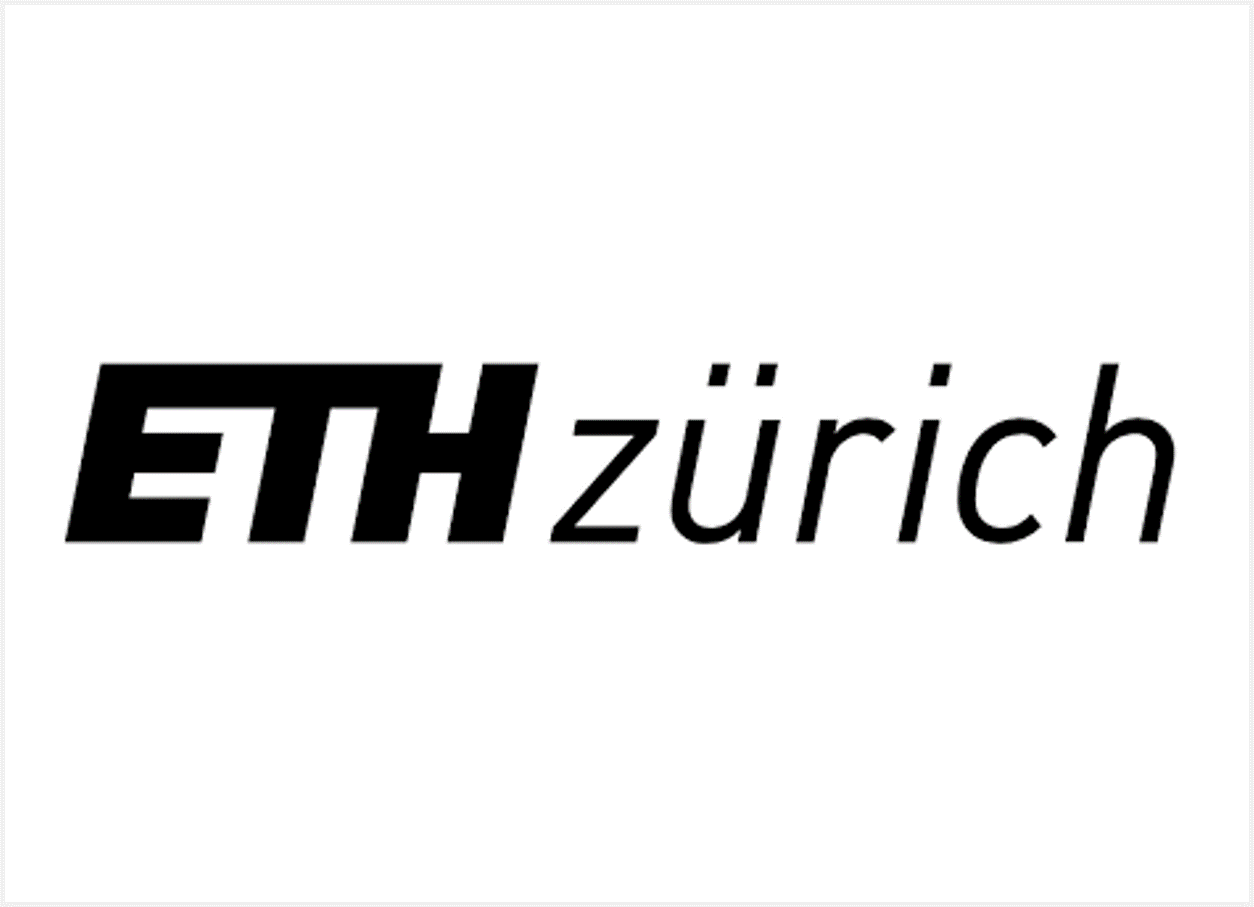
ETH Zurich
ETH Zurich is well-known for its excellent education, ground-breaking fundamental research and for putting its new findings directly into practice. It has about 19,200 students, including 4,000 doctoral students, from over 120 countries. About 500 professors currently teach and conduct research in the areas of engineering, architecture, mathematics, natural sciences, system-oriented sciences, and management and social sciences. ETH Zurich regularly appears at the top of international rankings as one of the best universities in the world. At ETH Zurich, students discover an ideal environment for independent thinking, researchers a climate which inspires top performance. Situated in the heart of Europe, yet forging connections all over the world, ETH Zurich is pioneering effective solutions to the global challenges of today and tomorrow.
Associated Partners linked to Beneficiaries
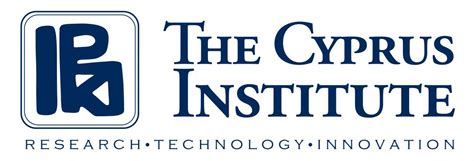
The Cyprus Institute (CyI)
The Cyprus Institute (CyI) is a European, non-profit science and technology educational and research institution based in Cyprus. It is comprised of five research centres, one of which is the Computation-based Science and Technology Research Centre (CaSToRC). CaSToRC is designated the national HPC Competence Centre of Cyprus within the European network of National Competence Centres under the EuroHPC JU. It serves to combine a supercomputing infrastructure with research and education in computational and data science. The group of Prof. Vangelis Harmandaris focuses on molecular dynamics simulations, Monte Carlo methods, and hierarchical multi‐scale approaches, combining atomistic and coarse‐grained models for complex molecular systems/materials of scientific and technological interest, e.g. nanocomposites, polymers, graphene-based nanostructured systems, and biomolecular systems.
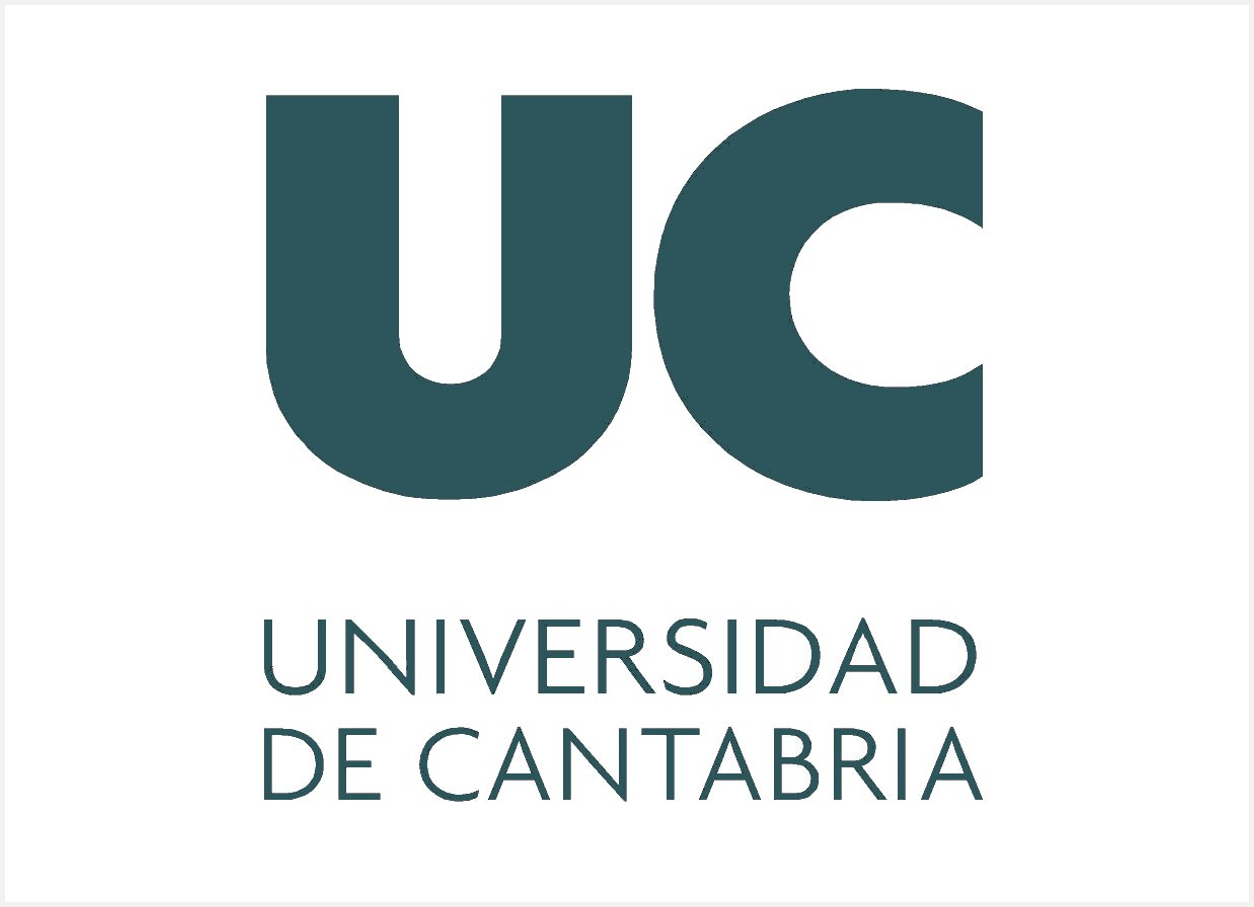
University of Cantabria (UC)
The University of Cantabria (UC) is the only on-site public institution to offer official university study courses in the self-governed region of Cantabria. It is a young, dynamic, public university, founded in 1972, whose main objective is to contribute to social progress via its commitment to teaching and scientific excellence. Link to the concerned beneficiary: Universidad de Cantabria (University of Cantabria) will act as affiliated entity of IDIVAL in the Melomanes project.
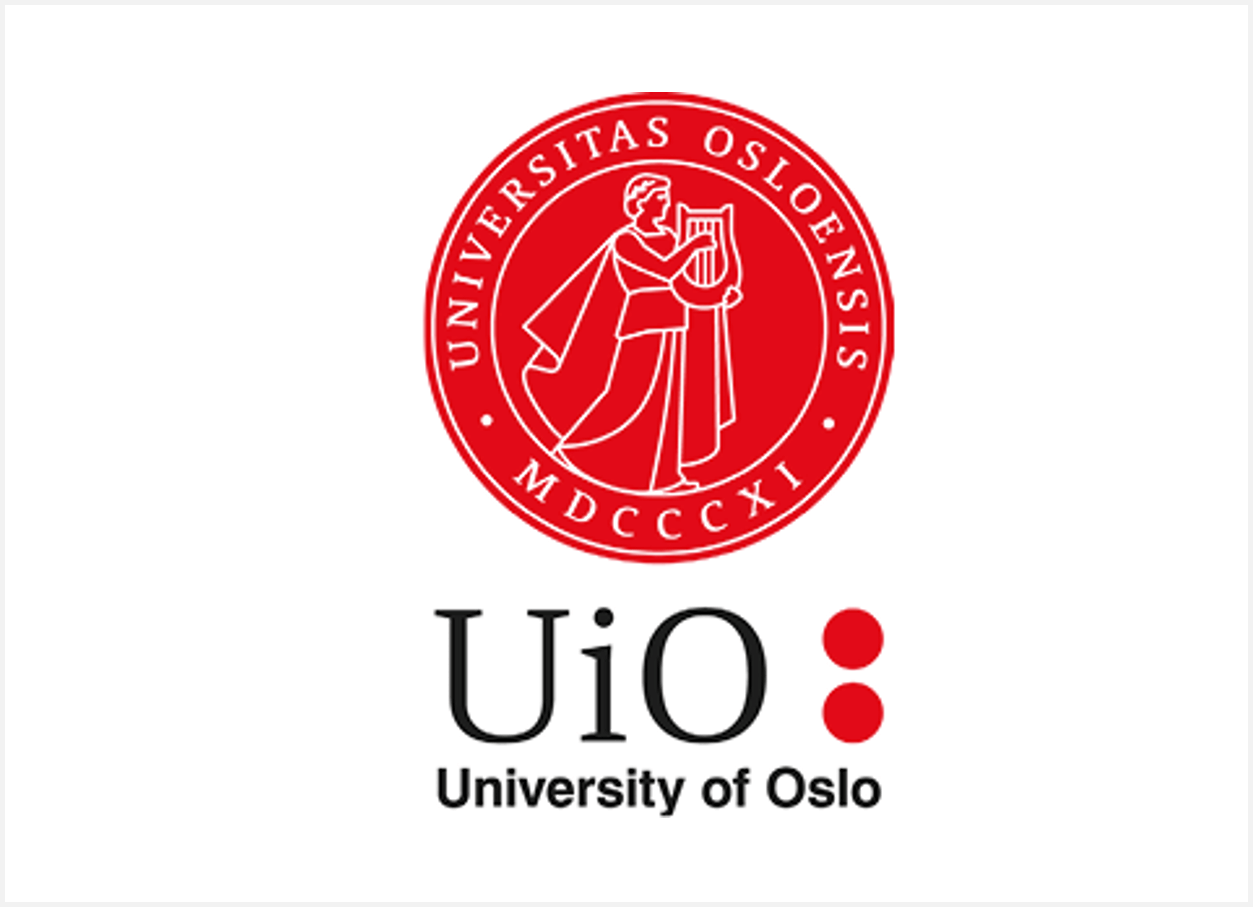
University of Oslo (UiO)
The University of Oslo (UiO) was founded in 1811 and is a classical university with excellent research in a broad range of academic disciplines. UiO is the highest ranked institution of education and research in Norway and ranked number eight in the UniRank European Universities ranking (2019). UiO has eight faculties, two museums, 26 500 students, 6 700 employees and 8.4 billion NOK in total budget (2020). With five Nobel Prize winners, UiO has a strong record of accomplishment of pioneering research and scientific discoveries.
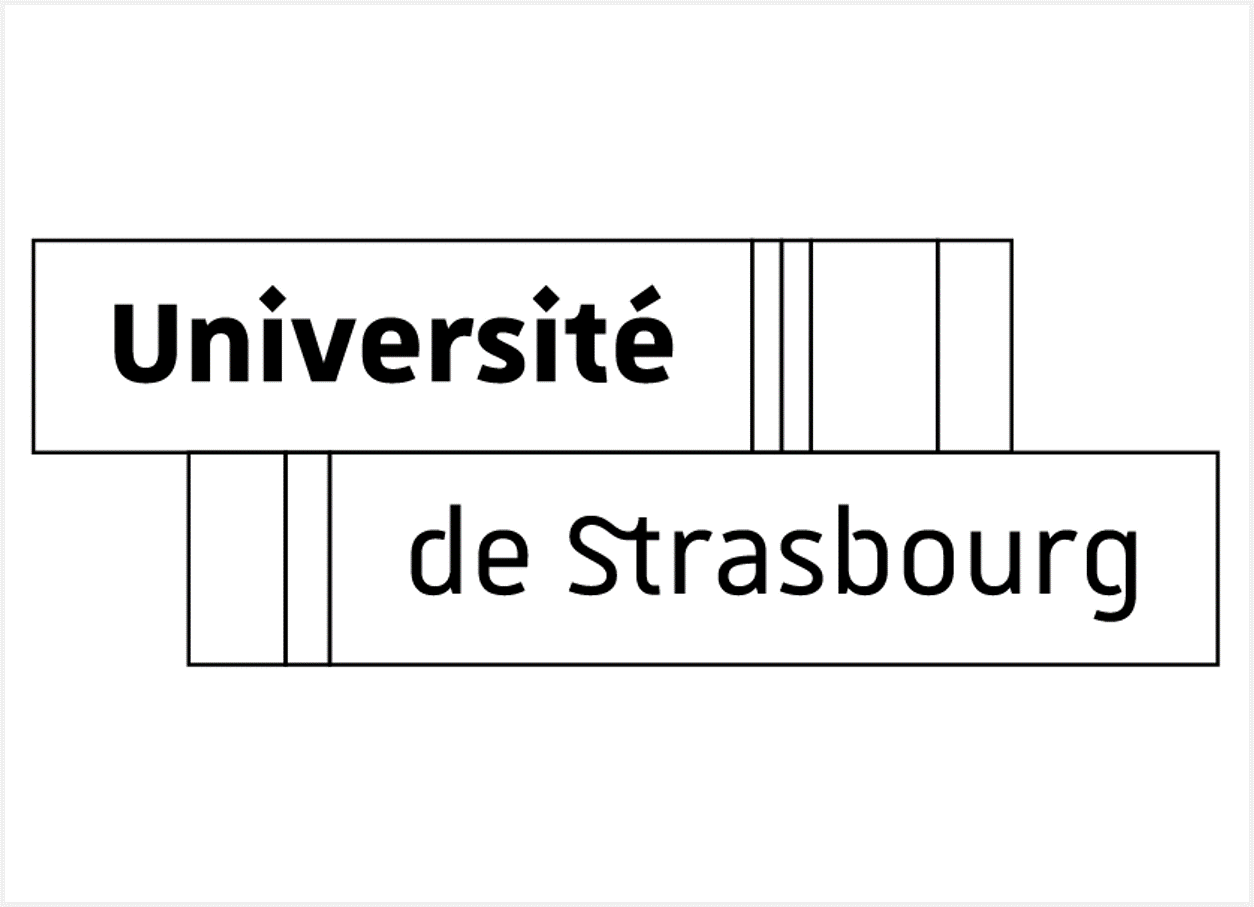
University of Strasbourg
The University of Strasbourg is considered to be an associated partner linked to CNRS. All PhD candidates hired by CNRS at Strasbourg have their PhD diploma awarded by the University of Strasbourg, as per usual in the case of Joint Research Units (JRU). Inherent to the structure of JRUs, resources are received from both CNRS and UNISTRA through the use of the infrastructure and the involvement of permanent staff. The University of Strasbourg has hosted 18 Nobel Prizes since its founding, of whom four are still active.
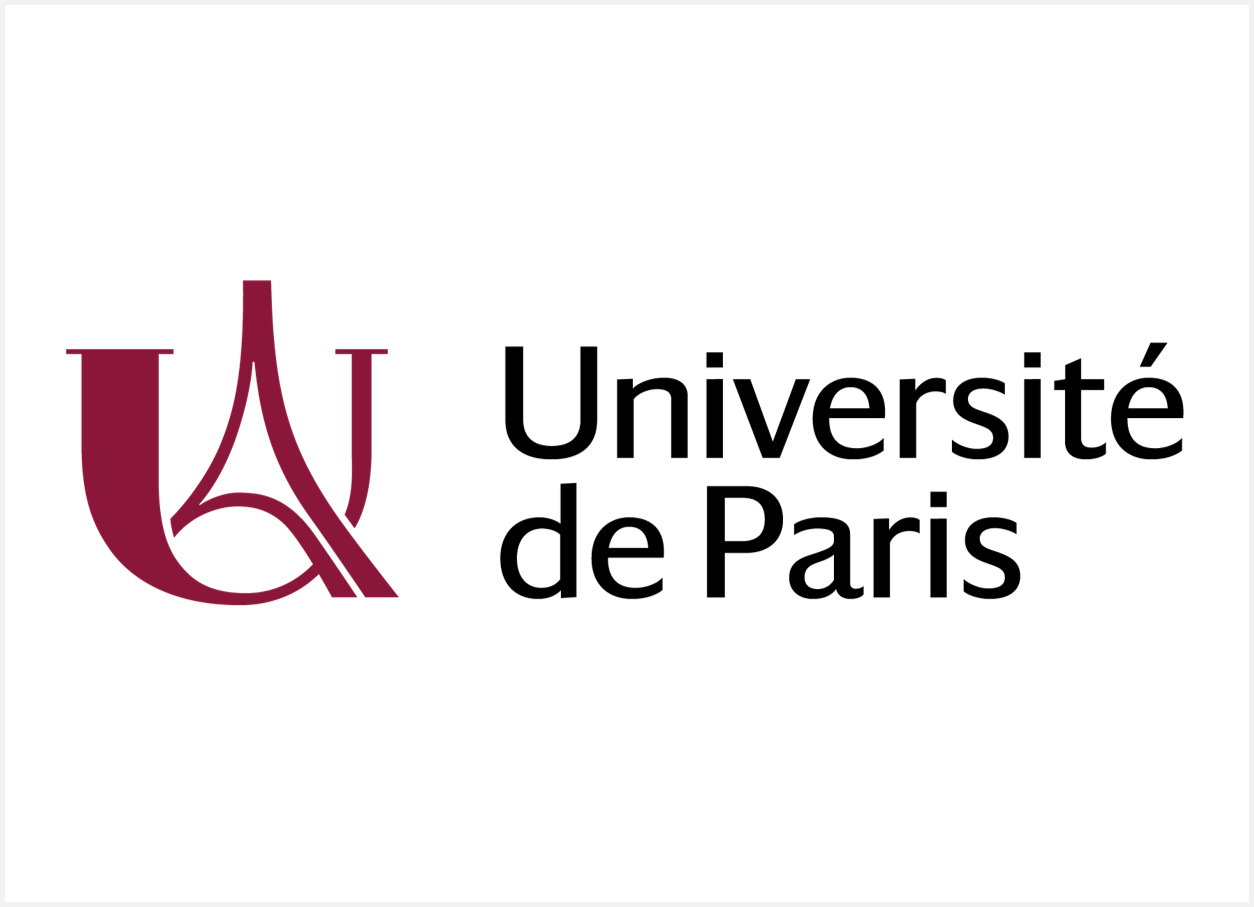
Université de Paris (UP)
The Université de Paris (UP) is an “Initiative d’excellence” multidisciplinary university, co-coordinator of the European University Alliance Circle U. and one of the most important research institutions in France. Its three faculties – Health, Science and Society and Humanities – provide state-of-the-art and innovative training from bachelor to doctoral level. UP is a research-intensive university, with 5% of PhD students in France graduating yearly at UP, which productivity makes it publish no less than 10% of all research papers issued in France and become the most cited French university every year. Ranking 65th worldwide generally, and among the top 50 worldwide universities in medical sciences (Academic Ranking of World Universities), UP cultivates a strong tradition of excellent research in science. The two mother universities of Université de Paris (Universities Paris Diderot and Paris Descartes) also own the Human.


